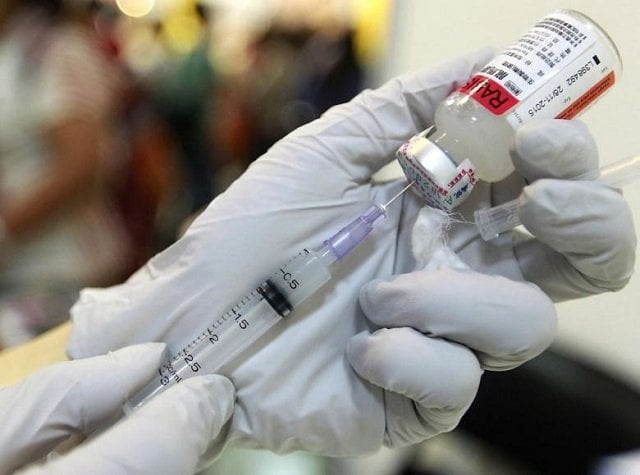In a major win for national health sovereignty, Dow University of Health Sciences (DUHS) has successfully developed Pakistan’s first-ever indigenous anti-rabies vaccine. This development comes amid rising rabies cases and looming international aid cutbacks on vaccine imports.
The vaccine, now ready for clinical trials, was formulated using a locally isolated rabies strain, and marks the country’s first serious step toward independent vaccine manufacturing. Rabies, primarily caused by dog bites, claims up to 5,000 lives in Pakistan each year. With rising costs and limited data on treatment outcomes, the urgency for a local solution has never been clearer.
Supported by the World Bank and implemented via the Higher Education Commission (HEC), this innovation also signifies a new era of collaboration between research institutions and global health partners.
“This is more than a vaccine, it’s a shift in Pakistan’s biotech capacity,” said Farooq Mustafa, a leading biotech expert.
Pakistan currently imports nearly all its vaccines, spending Rs26 billion annually. With GAVI and UNICEF support set to end by 2031, the figure could rise to Rs100 billion, a cost the country cannot afford. DUHS’s breakthrough offers hope, not only for rabies patients but also for the broader healthcare landscape.
If approved by the Drug Regulatory Authority of Pakistan (DRAP), this vaccine will mark a turning point in public health, enabling both life-saving interventions and long-term cost reduction.
